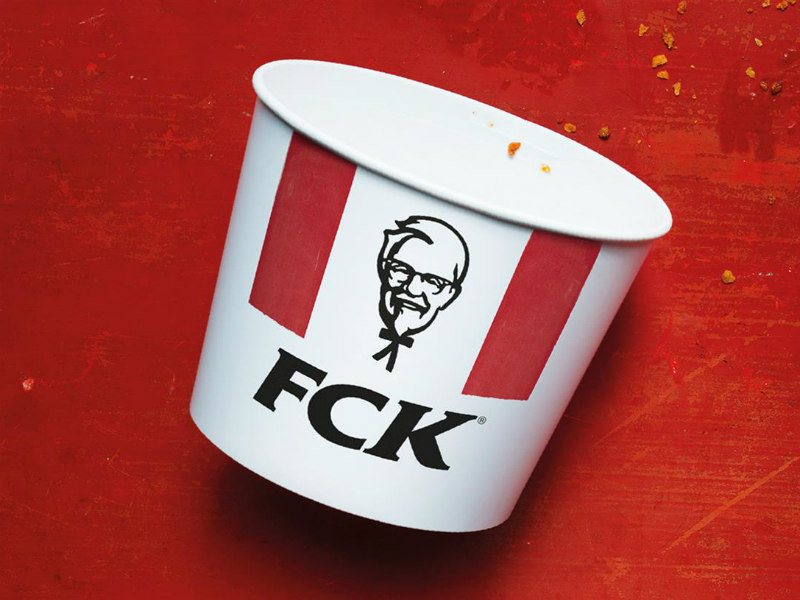
Key Takeaways:
- If a brand handles negative publicity surrounding its celebrity endorser it can actually gain value.
- Some definitive action is always better than no response.
- Firing the celebrity endorser isn’t the only corrective action available to brands.
Researchers from the University of Connecticut and Free University of Berlin published new research in the INFORMS journal Management Science that provides companies with substantiated, actionable insights on strategies for effectively responding to situations where their highly compensated celebrity endorsers generate negative publicity.
The study was published in the INFORMS journal Management Science and is titled “Managing Negative Celebrity Endorser Publicity: How Announcements of Firm (Non) Responses Impact Stock Returns.” It was authored by Stefan J. Hock of the University of Connecticut, and Sascha Raithel of the Free University of Berlin.
“One of the biggest liabilities firms can assume when hiring celebrity endorsers for advertising and marketing is the risk that those celebrities will at some point find themselves in the middle of a firestorm of negative publicity,” said Hock. “Sometimes these crisis situations can be of the celebrity’s own making, and other times, the celebrity and the brand can find themselves at the center of controversies they did not create.”
The study authors analyzed 128 events of negative endorser publicity between 1988 and 2016, which affected the sponsors in 230 actual cases. They evaluated effectiveness of company responses using the company’s daily abnormal stock returns.
The researchers studied the speed of the response by the company, the nature of its response, and how that response impacted returns. They found that a faster response in the form of an announcement or statement from the company increases firm value by 2.10% over the next four trading weeks.
Further, they learned that when companies issue statements about suspending or maintaining the celebrity endorser it is more likely to contribute to positive returns than if there were no response at all.
Firms that suspended celebrity endorsers achieved higher returns, but there are different degrees of benefits to the company, depending on which course of action is selected. If the celebrity is more directly responsible for creating the controversy, such as an irresponsible tweet or an incident of domestic violence, suspension of that celebrity earned higher returns. If the celebrity may not have been to blame for the incident, such as when a smartphone was hacked and nude photos were shared online, the call for suspension is less.
In cases where the celebrity endorser is at the center of a controversy over an occupation-related issue, such as professional athletes using performance enhancing drugs, suspension of those endorsers earned higher returns in the following weeks at the affected companies.
In some cases, there is a risk for the company or sponsor if it decides to suspend a celebrity where that celebrity is widely perceived to be a strong fit for the company’s product or brand. In cases where a world-class golfer represents a golf ball manufacturer, the research indicates that there could be trade-offs if the company decides to suspend or fire the celebrity.
“If a firm disassociates itself from a high fit endorser following negative publicity, it loses some of the benefits associated with that relationship,” said Raithel. “On the other hand, there is less of an incentive to maintain a relationship with a celebrity if that endorser is considered a ‘low fit’ such as where that a professional golfer may have been under contract with a financial services firm.”
Another case where companies may be slow to suspend or fire celebrity endorsers is when those endorsers credibly apologize for their actions.
“Apologies can reduce negative perceptions that result from the misbehavior,” said Hock.
“Although apologies might not be able to fully repair the damaged image or reputation, they are more effective than other options if evidence supports the credibility of the allegations. We found that admitting the misbehavior can maintain a celebrity endorser’s trustworthiness, and an apology is the most beneficial response.”
One of the dilemmas companies often face is concern whether an over-reaction could draw unnecessary attention to the negative event, exacerbating a negative reaction on the part of investors. There can be a tendency for companies to want to wait before responding or not responding at all.
“If the firm decides to remain quiet when a celebrity endorser is at the center of controversy, investors do not receive any signal whether the firm is aware of the event and motivated to counteract the negative spillover effects,” said Raithel. “Ongoing uncertainty will lead to doubt among investors and as a consequence, stock returns will trend downward in the following days.
“On the contrary, a firm that responds to the event reduces uncertainty because it discloses its intentions to the stock market, relieving investor concerns about the firm’s commitment to managing the event effectively. This allows investors to be more confident in the company, and returns are less affected.”


Leave a Reply